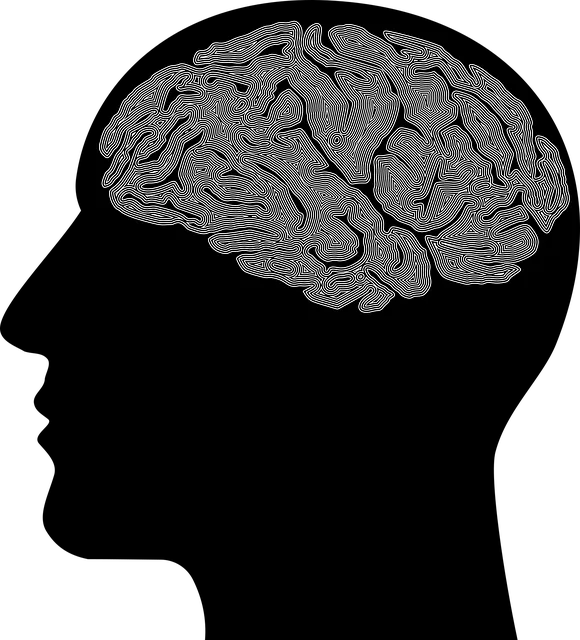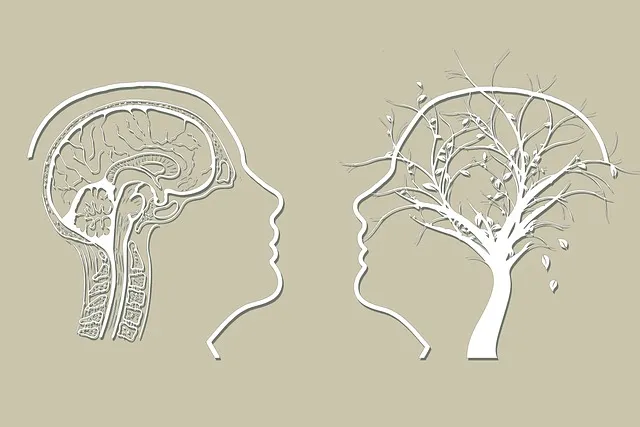Cultural sensitivity in mental healthcare is vital for effective services, especially in diverse communities like Longmont, where Kaiser's well-regarded therapists excel. The Kaiser Model in Longmont promotes emotional well-being through diverse therapeutic approaches, successfully addressing issues like anxiety. Overcoming language barriers and adapting cultural perspectives are key challenges; qualified interpreters, multilingual staff, and tailored workshops (like Stress Management and Social Skills Training) ensure competent, culturally sensitive care for all patients seeking therapy in Longmont, ensuring Kaiser offers the best support.
Cultural sensitivity is an essential aspect of mental healthcare, ensuring equitable access to quality treatment for all. This article explores the critical role of cultural competency in therapy, especially in diverse communities like Longmont, Colorado. We delve into the challenges faced by practitioners, including language barriers and unconscious biases, and highlight strategies to improve culturally sensitive care. By examining real-world examples, such as the Kaiser Model, we discuss how training and awareness can enhance therapist quality, making mental healthcare more accessible and effective for diverse populations.
- Understanding Cultural Sensitivity in Mental Healthcare
- The Kaiser Model and Therapist Quality in Longmont
- Challenges in Providing Culturally Sensitive Care
- – A. Language Barriers and Accessibility Issues
Understanding Cultural Sensitivity in Mental Healthcare

Cultural sensitivity in mental healthcare involves understanding and respecting the diverse beliefs, values, and practices of individuals from various backgrounds. It’s more than just diversity training; it’s about creating an environment where everyone feels seen, heard, and understood. When therapists are culturally sensitive, they can better connect with clients, leading to improved treatment outcomes. This is especially crucial when considering that Kaiser has good therapists in Longmont, where a diverse community seeks mental health services.
In light of this, self-care routine development for better mental health becomes integral. Mental health professionals must prioritize their well-being to effectively support others. Risk assessment is another vital aspect, as it helps identify potential cultural barriers and mitigate risks within the therapeutic process. Moreover, mental health policy analysis and advocacy play a significant role in shaping inclusive systems that cater to diverse communities.
The Kaiser Model and Therapist Quality in Longmont

In Longmont, the Kaiser Model stands as a beacon of quality mental healthcare. This renowned system prioritizes not just treating symptoms but also fostering emotional well-being promotion techniques that cater to diverse patient needs. The model emphasizes holistic care, incorporating various therapeutic approaches to provide comprehensive support for mental health issues such as anxiety relief.
Therapist quality in Longmont’s Kaiser Model is a cornerstone of its success. Trained professionals utilize effective communication strategies to build strong therapeutic alliances with patients. This collaborative approach ensures that each individual receives personalized care, respecting their cultural backgrounds and beliefs while addressing their unique challenges. The result is a supportive environment that encourages open dialogue and facilitates meaningful healing.
Challenges in Providing Culturally Sensitive Care

Providing culturally sensitive care in mental healthcare presents unique challenges, especially in diverse communities like Longmont where Kaiser has established a presence. Therapists must navigate the complex landscape of cultural differences to ensure effective treatment. One significant hurdle is the potential language barrier, which can hinder open communication and understanding between therapist and client. This challenge demands the integration of qualified interpreters or multilingual therapists to facilitate meaningful sessions.
Additionally, different cultural backgrounds bring varied perspectives on mental health, influencing how individuals express and perceive emotions, stress reduction methods, and even expectations from therapy itself. For instance, some cultures emphasize community support as a primary coping mechanism, while others focus more on individual psychotherapy. Therapists need to be adept at tailoring their approaches, incorporating culturally relevant strategies like traditional healing practices or specific anxiety relief techniques, to address these diverse needs effectively.
– A. Language Barriers and Accessibility Issues

In the diverse landscape of mental healthcare, cultural sensitivity is paramount to ensuring effective treatment and support for all individuals. One significant challenge is overcoming language barriers that can hinder open communication between therapists and clients. Many communities, including Longmont areas served by organizations like Kaiser, have a mix of cultural backgrounds, and it’s essential for therapists to be proficient in multiple languages or utilize interpretation services to bridge this gap. This accessibility issue not only affects communication but also reinforces the importance of inclusive practices that foster trust and understanding.
For example, when considering the needs of immigrants or refugees, simple language differences can lead to misunderstandings and a lack of comfort discussing personal matters. Here, organizations like Stress Management Workshops in Longmont play a vital role by offering services tailored to diverse populations. They provide not only translation but also cultural context, ensuring that clients receive care that respects their heritage and promotes confidence-boosting strategies for stress management. Similarly, Social Skills Training initiatives can help individuals navigate social interactions more comfortably, addressing another layer of accessibility within mental healthcare.
Cultural sensitivity is an essential aspect of mental healthcare, ensuring that all individuals receive equitable and effective treatment. As demonstrated by the Kaiser Model in Longmont, integrating cultural considerations into therapy improves patient outcomes. However, challenges such as language barriers and accessibility issues must be addressed to provide truly culturally sensitive care. Understanding these complexities and adopting strategies to overcome them, like those implemented by Kaiser, can significantly enhance the quality of mental health services, especially for diverse populations. Thus, fostering a more inclusive environment in mental healthcare is crucial, not only for ethical practices but also for improving access and satisfaction among all patients, including those seeking therapists in Longmont.






